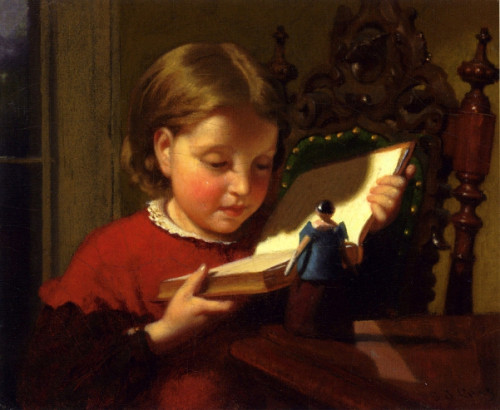I was asked to write the following for a local high school that wanted to provide some writing guidelines for its students. This might be of use to you, too. I hope so.
Ten things good writers do…
1. Good writers make a good first impression. They put extra effort into their introductions and first paragraphs because they want readers to read on. Consider this wonderful opener from E. B. White:”When Mrs. Frederick C. Little’s second son was born, everybody noticed that he was not much bigger than a mouse.” That simple sentence took a lot of work, but it sure makes you want to find out about Mrs. Little’s mouse-sized son.
2. Good writers make their endings strong, too. No one wants to read a piece that doesn’t leave them feeling fulfilled and satisfied at the end, and good writers usually pull everything together with a rewarding climax or a thoughtful summary.
3. Good writers organize their articles and stories so that readers can follow along without getting lost or confused. That might mean that a good writer writes stories with clear beginnings, middles, and ends, or that they use an understandable logical plan in their science essays. For some kinds of writing it is a good idea to tell the reader right up front what is going to follow.
4. Good writers rewrite. In fact, someone once even said that good writing is bad writing that has been rewritten. It is very difficult to write something that another person can understand and enjoy, so good writers make a real effort to polish their work. Once they have a draft of what they want to say, they go back several times to add, delete, or change it so that it will be just right. Rarely are good writers happy with the first words they come up with, so good writing is rewriting.
5. Good writers don’t just tell something, they show it. A good writer doesn’t just state an opinion without real examples that reveal why he or she holds that opinion. Similarly, a good story writer doesn’t tell you that a character is unhappy, he/she shows it (maybe the character punches a pillow or kicks over a garbage can – anything that reveals the feeling without the writer just telling it).
6. Good writers use sentences that are varied and interesting. No one wants to read a paper that says, “A nanotube is very small. A nanotube can be used to make a little radio. A nanotube uses carbon. A nanotube….” Boring! Repetition can be effective in some instances, but in this case it doesn’t work. This is better: “Nanotubes are so tiny they can’t be seen by the naked eye. And, yet, it is possible to make a radio from one. Imagine listening to hip-hop on a radio that no one can see!”
7. Good writers write for the ear, not the eye. That is, a good writer tries to make sure the text would sound good if someone were to read it aloud (in fact, good writers often read their stuff aloud when they are revising just to make sure it sounds like it should).
8. Good writers elaborate; they try to share a lot of information and detail. It helps to be analytical, to be able to break a topic into its parts and then to tell about the parts. In a science class that might mean writing about a structure of an organism and then connecting the structure to the processes that the organism is involved in. Or, in a social studies class it might mean describing an involved chain of events that led to a particular historical outcome.
9. Good writers get their facts right, even when they are writing fiction. It isn’t enough to sound right, it has to be right. In a report, that means checking that your facts are correct (and, if facts are in dispute, that fact should end up in the report, too). Truth in fiction is a little trickier, but it matters as well; even in far out science-fiction writing the imaginary worlds have to make sense (if an imaginary universe has no gravity, it can’t just magically have gravity later in the story—maybe something changed it so that it did, but the change has to be plausible).
10. Good writers should know when to quit. When you’ve said what you wanted to say it’s time to stop. And, since I set out to tell 10 things that good writers do, I think this would be a good place to end!







Comments
See what others have to say about this topic.